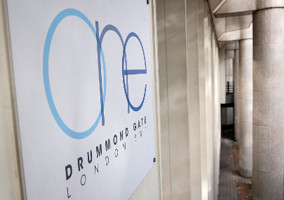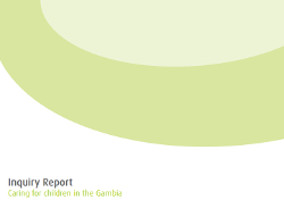The Charity Commission has published draft guidance setting out how charities should handle relationships with connected entities such as funders, public bodies and trading subsidiaries.
The draft guidance will apply to tens of thousands of charities, including those which have trading subsidiaries, those connected to a single company which provides much of their income, and those connected to public bodies such as schools or hospitals.
The Commission said it had seen a number of cases where connected organisations had caused problems for charities, including those where a connected company received substantial financial benefit, where a charity had funded party political activity, and where the charity’s reputation suffered because of the actions of the connected company.
The Commission has opened a consultation on the guidance which closes on 15 May.
Sarah Atkinson, director of policy, planning and communications at the Commission, said: “This guidance is designed to help charities benefit from appropriate connections with non-charitable organisations, while preserving and protecting what is special and unique about charity. We want to help trustees make decisions that promote their charity’s best interests, and that encourage public trust in charity more widely.
“We know that charities want this guidance: currently advice is spread across several different Commission publications and this document pulls it all together in one place. We have also designed some practical aids to help trustees put the guidance into practice.
“The guidance is in draft form, and we are keen to hear from as wide a range of charities and advisers as possible, to ensure the final guidance is as clear and helpful as possible.”
|
Related articles












